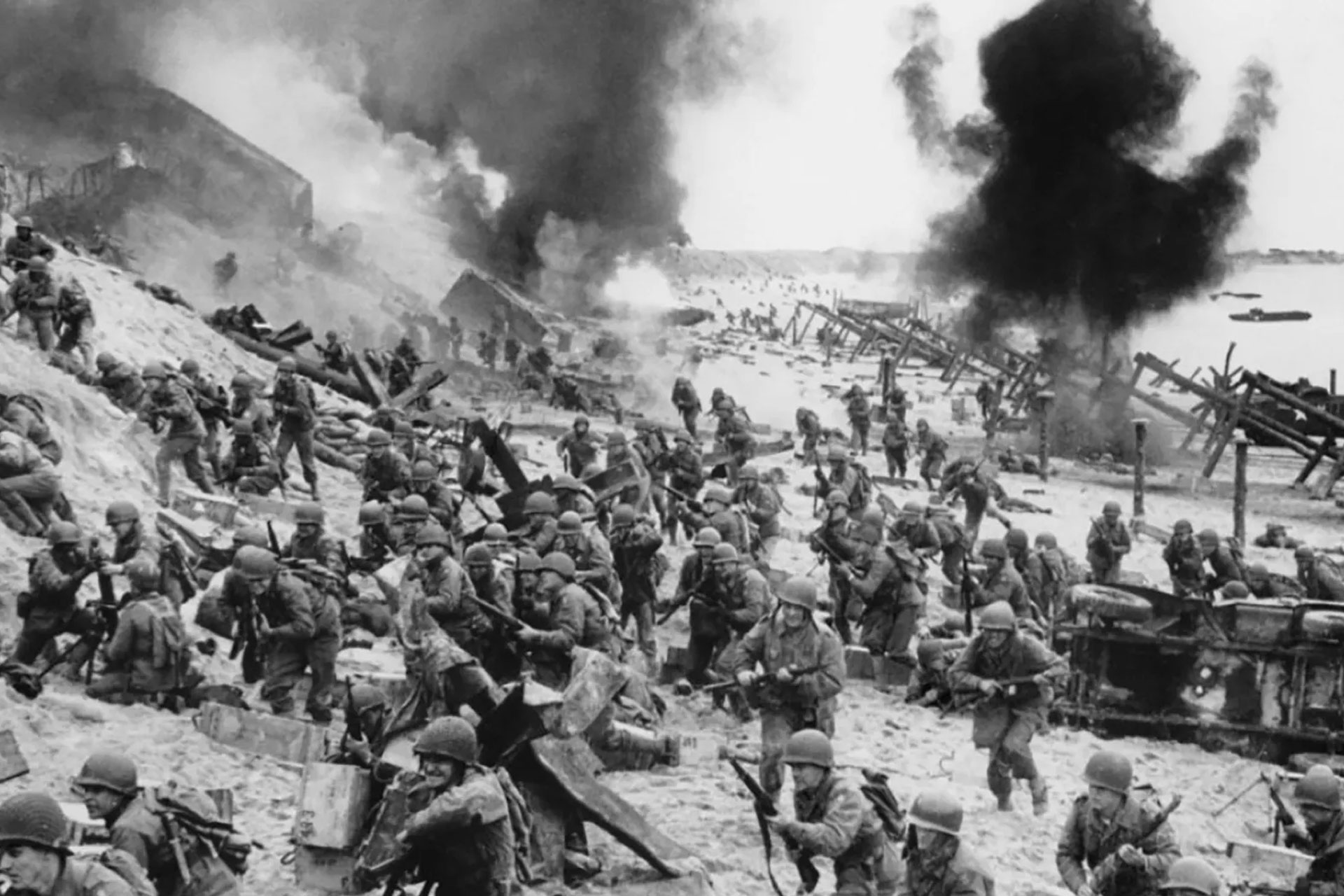

‘Went the day well? – We plan, the Gods laugh: Success and Failure on D-Day’ by Dr Phil Judkins
May 19 @ 6:30 pm - 8:00 pm
Joining us IN PERSON – just turn up, there’s no need to register
please email meetings.syorks@newcomen.com for zoom link
The Allies’ success at D-Day paved the way for victory in Europe. The fighting in Normandy continued until August 1944, when Paris was liberated.
Many of the immediate strategic objectives of the landings were not achieved, including the failure to capture any of the key towns. But D-Day was still a huge success. More than 160,000 Allied troops and 6,000 vehicles had crossed the Channel and established a foothold in France.
About the Speaker
Dr Phil Judkins’ love of industrial archaeology stems from his childhood playground being an abandoned Victorian waterworks, with no Health and Safety to concern him! Cambridge’s Classical Archaeology course led to several years in ‘dirt archaeology’, followed by a management career which ranged from the Atomic Weapons Research Establishment to the City of London. Phil then gave structure to his abiding interest of historic defence electronics through a Cranfield PhD in the history of radar, and successive Fellowships at the UK’s Defence Academy and at Buckingham University’s Centre for Security and Intelligence Studies.
He currently chairs the Defence Electronics History Society and the Purbeck Radar Museum Trust, in addition to serving on the Committee of the South Yorkshire Newcomen Society, and lectures on defence topics throughout the UK, Phil’s particular perspective is to present the role of electronics in conflict as seen by all the contending parties, rather than from a single national perspective, so that he welcomes collaboration with colleagues internationally.
